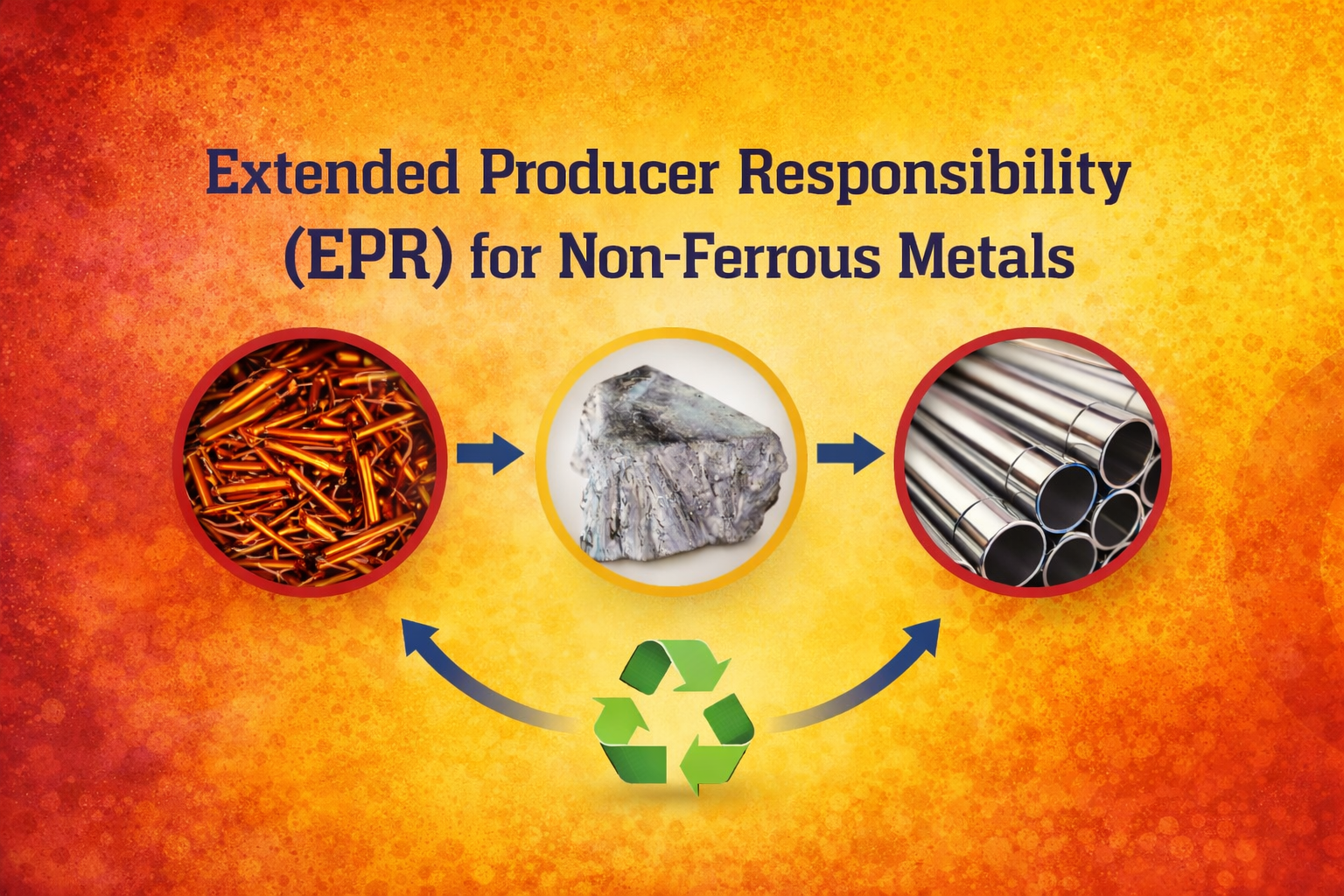Carbon Compliance Services
Schedule a Callback
Enter your details and we’ll call you shortly.
Carbon Compliance Services
India’s commitment to climate goals through its Nationally Determined Contributions (NDCs) has led to the establishment of the Indian Carbon Market (ICM). Under the Carbon Credit Trading Scheme (CCTS) 2023, obligated entities must comply with specified Greenhouse Gas (GHG) emission intensity targets, and earn, purchase, or trade Carbon Credit Certificates (CCCs) accordingly.
Who Needs Carbon Compliance Services?
Our Carbon Compliance Services are designed for a wide range of stakeholders operating under India’s evolving environmental regulations and sustainability goals. Whether you are a regulated industry under the Carbon Credit Trading Scheme or a business looking to voluntarily reduce your carbon footprint, our end-to-end support ensures you stay compliant, efficient, and future-ready.
1. Designated Consumers under the Energy Conservation Act, 2001
Organizations officially recognized as “Designated Consumers” by the Bureau of Energy Efficiency (BEE) are mandated to monitor and reduce their energy consumption and GHG emissions. These entities are required to comply with the targets set under the Carbon Credit Trading Scheme (CCTS) and report their performance annually. We assist these entities with registration, monitoring, reporting, verification, and credit trading under the Indian Carbon Market framework.
2. Entities Exceeding GHG Emission Thresholds
Any business or facility emitting greenhouse gases (GHGs) beyond the notified emission intensity limits may fall under regulatory oversight. Such entities must reduce emissions or purchase carbon credit certificates to offset their excess. We provide technical guidance and compliance support to help these organizations meet their emission targets and avoid penalties.
3. Industries from High-Emission Sectors
Our services are especially relevant for industries operating in energy-intensive sectors, including but not limited to: Cement and Construction Materials, Iron & Steel Manufacturing, Aluminum and Non-Ferrous Metals, Fertilizer and Chemical Processing, Petrochemical and Refining Units, Pulp & Paper, Textiles, and Glass. These sectors are typically subject to strict emission norms and are among the first to be integrated into India’s compliance carbon market.
4. Voluntary Participants and Sustainability-Focused Companies
Beyond compliance, businesses aiming to demonstrate leadership in sustainability or meet ESG (Environmental, Social, and Governance) goals can voluntarily participate in the Indian Carbon Market. We assist:
- Companies seeking to purchase carbon credits for offsetting their carbon footprint
- Businesses interested in developing low-carbon projects to generate tradable credits
- Organizations wanting to enhance their green credentials for investors, clients, or international markets
Registration Process
1. Check Eligibility
Entities notified as Designated Consumers under the Energy Conservation Act or those exceeding GHG limits must register under CCTS.
2. Prepare a GHG Monitoring Plan
A detailed monitoring plan outlining emission sources, fuel use, sampling, and calculation methods is required before registration.
3. Register with BEE
Submit organizational and baseline emission data to the Bureau of Energy Efficiency (BEE) for approval.
4. Register on the ICM Registry
Create an account on the Indian Carbon Market (ICM) Registry by submitting documentation and paying the prescribed fees. Receive a Certificate of Registration upon approval.
5. Trade Carbon Credits
Once registered, entities can earn, trade, or purchase Carbon Credit Certificates (CCCs) on recognized exchanges.
Common Questions
Frequently Asked Questions
A carbon credit is a permit that represents the right to emit one metric ton of carbon dioxide (CO₂) or an equivalent amount of another greenhouse gas (GHG). It is part of a market-based mechanism to incentivize reduction in greenhouse gas emissions.
Carbon credits are generated by projects that reduce or remove emissions, such as renewable energy, reforestation, or energy efficiency initiatives. These credits can be sold to companies or governments to offset their own emissions.
India’s Carbon Credits Policy is a plan by the government to help reduce pollution and fight climate change. Under this policy, a system called the Indian Carbon Market (ICM) has been made. In this system, people or companies who reduce pollution can earn carbon credits, and others who pollute more can buy those credits
Anyone who runs a project that helps reduce pollution can sell carbon credits. This includes projects like setting up solar or wind power, planting trees, saving energy in factories, or managing waste better.
Yes, The Indian Carbon Market (ICM) is regulated by the Bureau of Energy Efficiency (BEE) under the Ministry of Power, along with the Central Electricity Regulatory Commission (CERC).
Quick Enquiry
Get in Touch
Call Us
+91-8076272381
Mon–Fri: 9:00 AM – 6:00 PM
Email Us
info@metacorp.in
We respond within 24 hours
Visit Us
2nd Floor, C-60, Sec-63,
Noida UP-201301
Business Hours
Request a Consultation
Latest Articles

What is Non-Ferrous Metals Extended Producer Responsibi...
By Team Metacorp • Feb 24, 2026
What is Non-Ferrous Metals Extended Producer Responsibility (EPR) Framework?
Read More
What is Geographical Indication of Goods (GI) ?
By Team Metacorp • Jan 21, 2026
Understanding what is Geographical Indication of Goods (GI) ? How it is important for the businesses
Read More
How Proper Hazardous Waste Management Protects Your Bus...
By Team Metacorp • Jan 15, 2026
Proper Hazardous Waste Management helps businesses stay legally compliant, avoid penalties, and reduce the ris...
Read More
